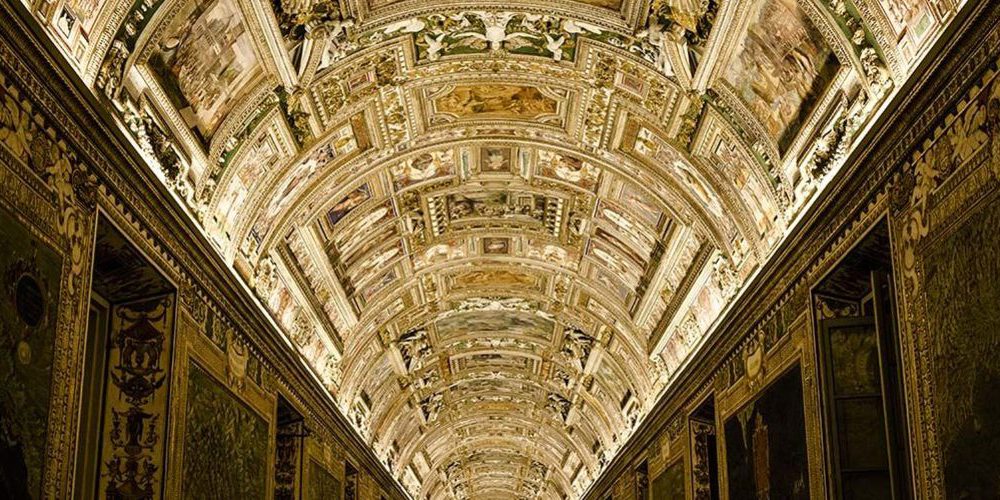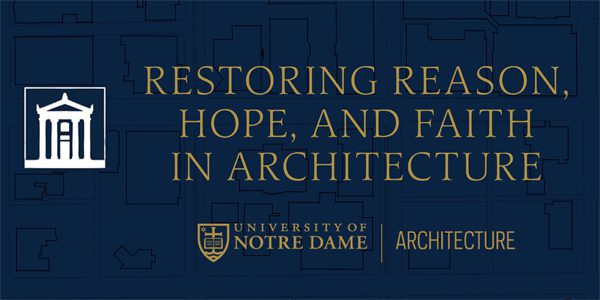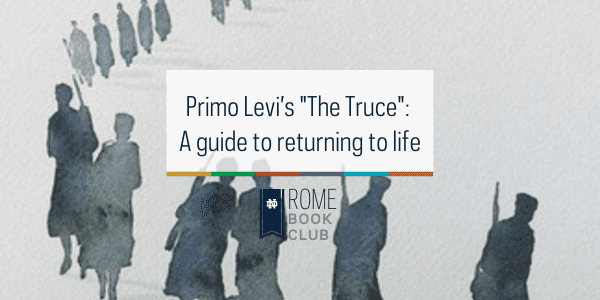TOP 10 LEARNING MOMENTS
- One of the coolest things about Gregorian Chant is that we don’t really know where it started. – J.J. Wright
- The more complicated thing in history often gives way to the less complicated. – Jeffrey
- Children used to hold an important role in sacred music within the church, and polyphonic harmonies were written with them in mind.
- Lent was a time of “fasting” from polyphony and other festive music.
- Polyphony means “many sounds” and refers to a specific repertoire of music between 1400 and 1600.
- This date of 1600, the baroque period, is really a watershed moment in our music, both sacred and secular, because these changes are very vast and broad.
- Musical melody and harmony have this incredible capacity to evoke feelings and to point to other ideas that may not be immediately accessible.
- The Folk Choir’s Passion project is a 90-minute, performed piece of music that is sung, spoken, and acted, and focuses on Jesus’ passion.
- Ultimately I wanted to show that [they] are two people we can relate to in our lives. Two people who could really only stand there as someone they loved took on immense suffering. – Uyen
- Once I was able to get past making sure everything was perfect and just writing from the heart, things got a lot easier. – Maria
Interested in learning more?
This series is hosted by ThinkND, the University of Notre Dame’s online learning community that connects you with videos, podcasts, articles, courses, and other resources to inspire minds and spark conversations on everything from faith and politics to science, technology, and your career.
Featured Speakers
J.J. Wright ’14, Director, Notre Dame Folk Choir
Professor Peter Jeffery, Michael P. Grace Chair in Medieval Studies and Professor of Musicology and Ethnomusicology, University of Notre Dame
Margot Fassler, Keough-Hesburgh Professor of Music History and Liturgy
Mark Doerries, Head of the Graduate Conducting Studio, Associate Professor of the Practice in Conducting, Artistic Director of the Notre Dame Children’s Choir
Patrick Kronner, Organist and Choral Program Director at the University of Notre Dame, Director of the Magnificat Choir
Tristan Cooley, Librettist for The Passion
Students from the Notre Dame Folk Choir
Musical melody and harmony have this incredible capacity to evoke feelings and to point to other ideas that may not be immediately accessible.
– J.J. Wright





